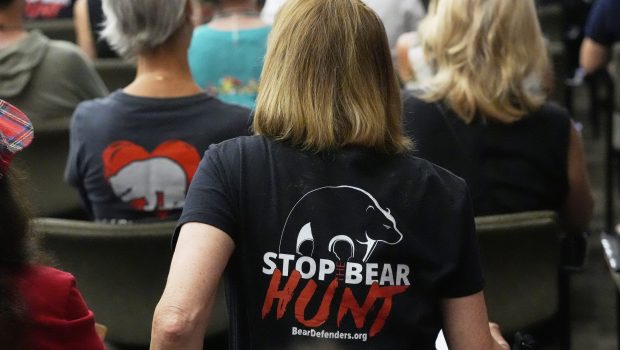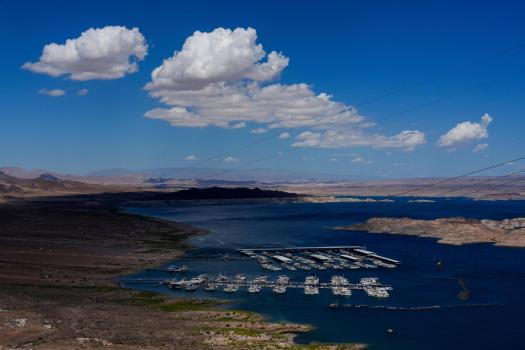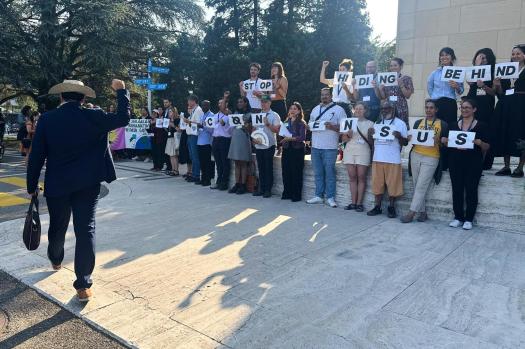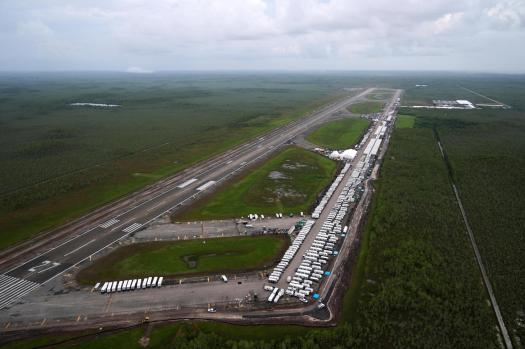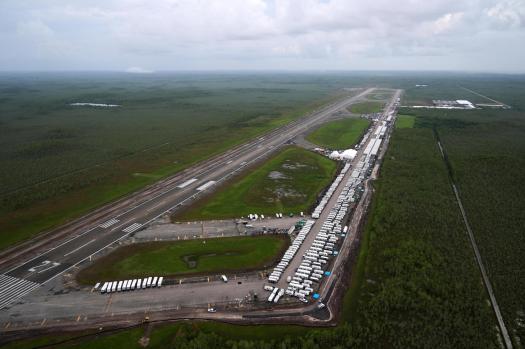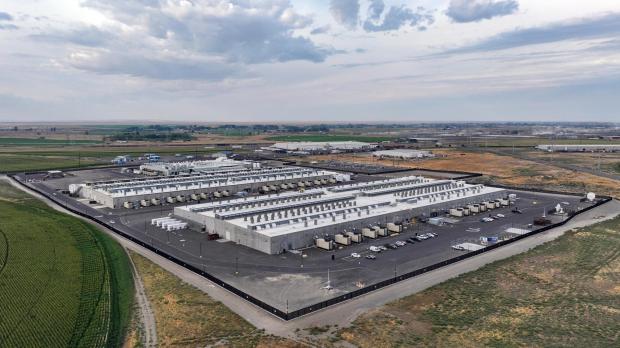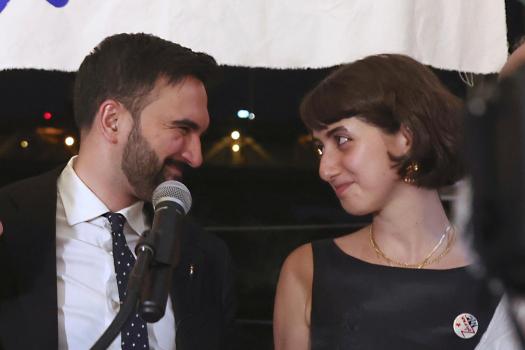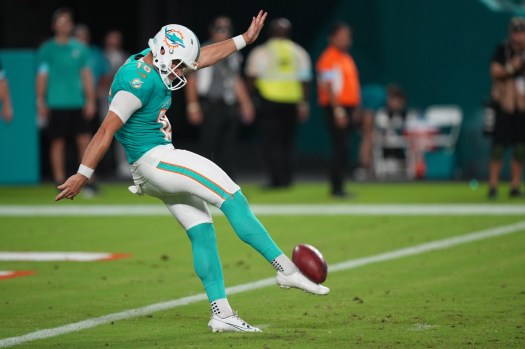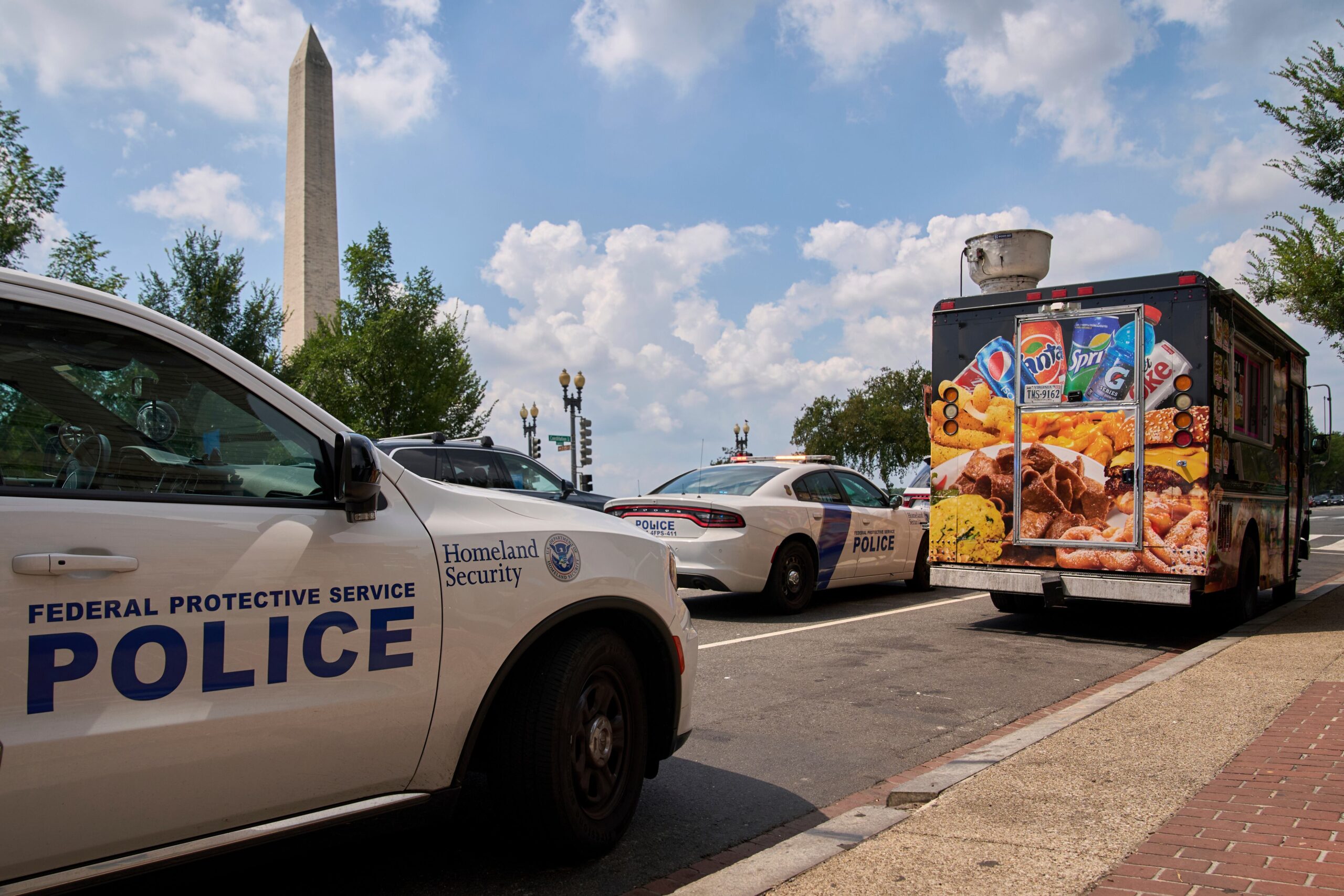After failing to convince state wildlife commissioners to approve a legal slaughter of the previously endangered species last week, opponents of the Florida bear hunt are now attempting to stop the hunt in court.
This year’s bear hunt, which will take place over 23 days in December, will be the first in Florida since 2015, when hunters killed an unanticipated 304 bears in two days, leading to a ten-year moratorium.
Seminole County-based Bear Warriors United, a non-profit organization, filed a 53-page challenge with the Division of Administrative Hearings on Friday, claiming the state Fish & Wildlife Conservation Commission (FWC) had disregarded regulations that state management and conservation of wildlife should be governed by sound science, research, and management practices rather than politics.
As the hunt permit giving deadline approaches—possibly as early as next month—the group hopes to expedite the legal process by bringing their case before an administrative law judge.
In the complaint, Bear Warriors United’s pro bono lawyer Thomas Crapps of Tallahassee stated that the hunt is in direct opposition to FWC’s 2019 Bear Management Plan and is based on outdated information from a 2014–2015 bear population research.
Additionally, he claimed that by granting the executive director of FWC, not the board that was chosen, unrestricted power to grant permits to kill bears on an annual basis without any scientific evidence or advice, the agency’s governing board had breached its constitutional purpose. Crapps contended that the public’s right to be heard is taken away by that ruling.
Raquel Levy, a Volusia County attorney and Crapps’ co-counsel, spoke to FWC commissioners last week to oppose the hunt on behalf of his teenage daughter, Bella Schwartz. The teenager informed them, “We think conservation doesn’t start and end with a bullet.”
The Bear Warriors complaint has not yet received a response from Fish & Wildlife.
The amount of science the FWC utilized to develop its strategy for a harvest of 187 bears was a major point of contention before the organization’s vote in favor of a hunt on August 13.
Scott Thomas, a wildlife management biologist who claimed to be the president of the North Florida chapter of Safari International, advocated for the hunt during the public comment section of the meeting. According to him, the black bear population in Florida has increased beyond the peninsula’s carrying capability, which has resulted in an increase in bear-human confrontations, pet fights, and car crashes.
According to the FWC, there are roughly 4,000 black bears in Florida, with 1,200 of those being in Central Florida.
The bear population in Florida is unchecked and will only increase if it is not properly maintained, according to Thomas.
He cautioned that bears may suffer terrible deaths from malnutrition, illness, and other causes as a result of overpopulation. According to an FWC spokesman, cars already kill roughly 300 bears year when they cross roads.
Despite a wave of opposition, Florida permits the first bear hunt in ten years.
However, that reasoning was contested in an August 8 email to Morgan Richardson, FWC’s director of hunting and game management, that was submitted to the Bear Warriors petition. It originated with Clay Henderson, a member of the 1998 Florida Constitution Revision Commission who assisted in crafting the legislation establishing the wildlife agency.
According to him, the new bear hunt regulations contradict the FWC’s declared goal of basing its choices on scientific evidence.
FWCC is going into the future without a plan. The state acknowledges that it is difficult for researchers to see bears up close and count them immediately. According to his email, the population figures for black bears are outdated. The next complete census report is scheduled for 2029, according to the agency’s bear management plan, and the last reasonable numbers were established in 2017.
According to him, the December hunt’s suggested 187 harvest or kill quota is based on out-of-date population estimations.
He added that these figures do not take into consideration population lag following the 2015 hunt, which was a big mortality event.
The state is divided into seven bear management zones by FWC. In three regions of the state where bear populations are expected to be under 200, hunting is prohibited.
In his email, Henderson also argues that the hunt puts Florida’s rare black bear subspecies at risk of irrevocable ecological degradation and a resumed population collapse.
Anyone who pays a $5 admission fee can participate in the permit-drawing process, which was approved by wildlife commissioners. Although there is no cap on the number of times individuals can enter, those whose names are picked will only be allowed to buy one permit.
Permits cost $100 for Floridians. Only ten percent of the licenses, which will cost $300, will be available to non-Floridians.
Although FWC has not yet disclosed specifics, a representative hinted that an announcement would be made later this week.
OrlandoSentinel.com/shudak
